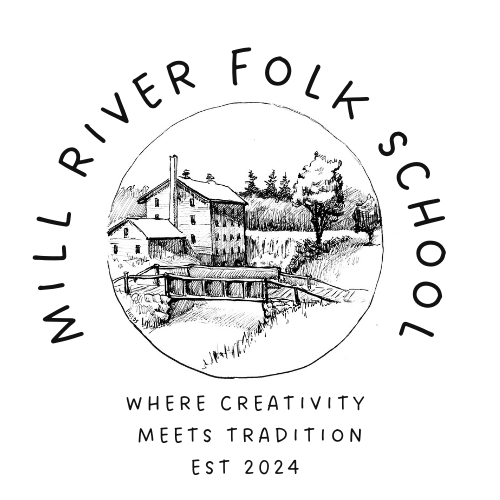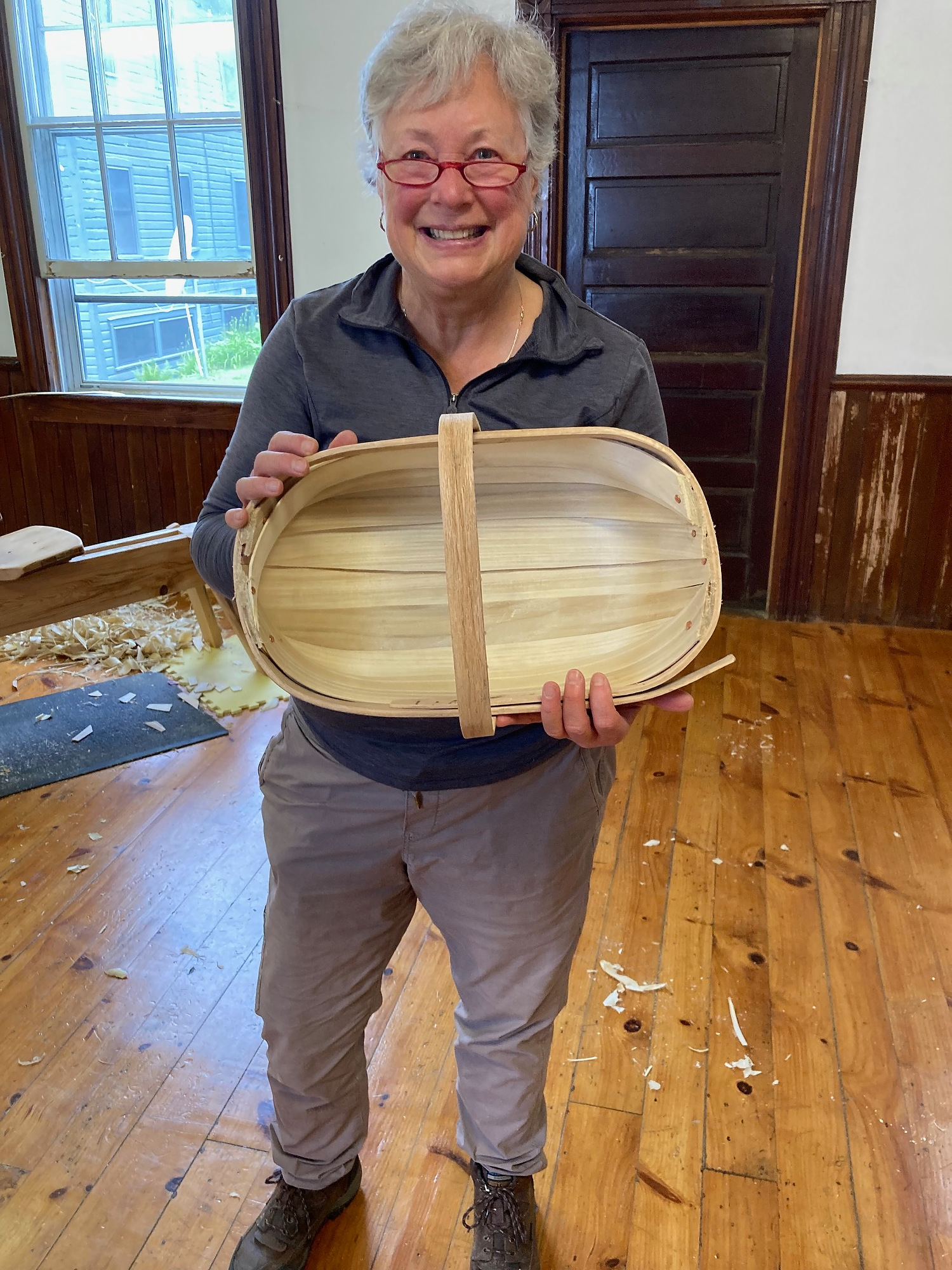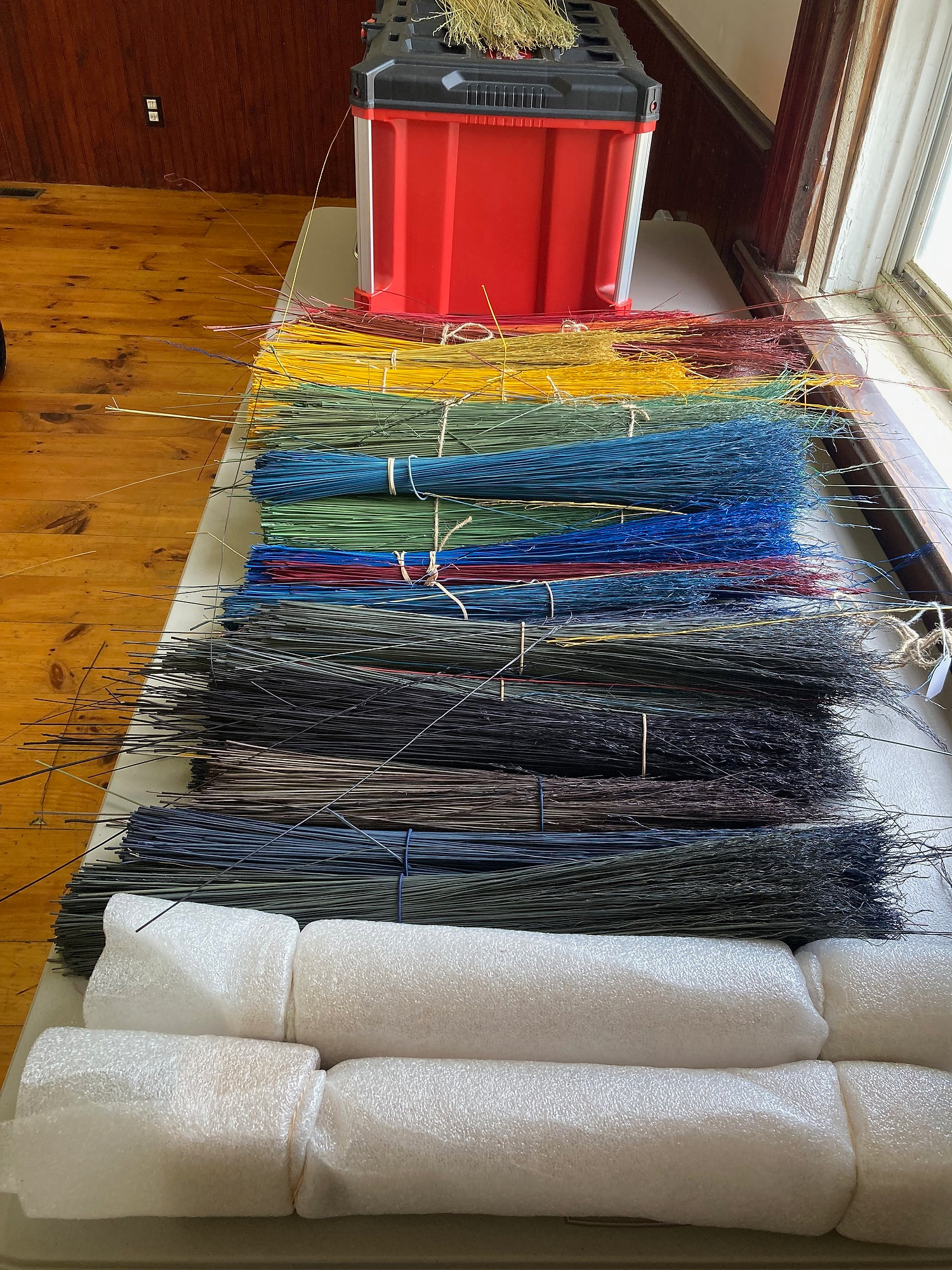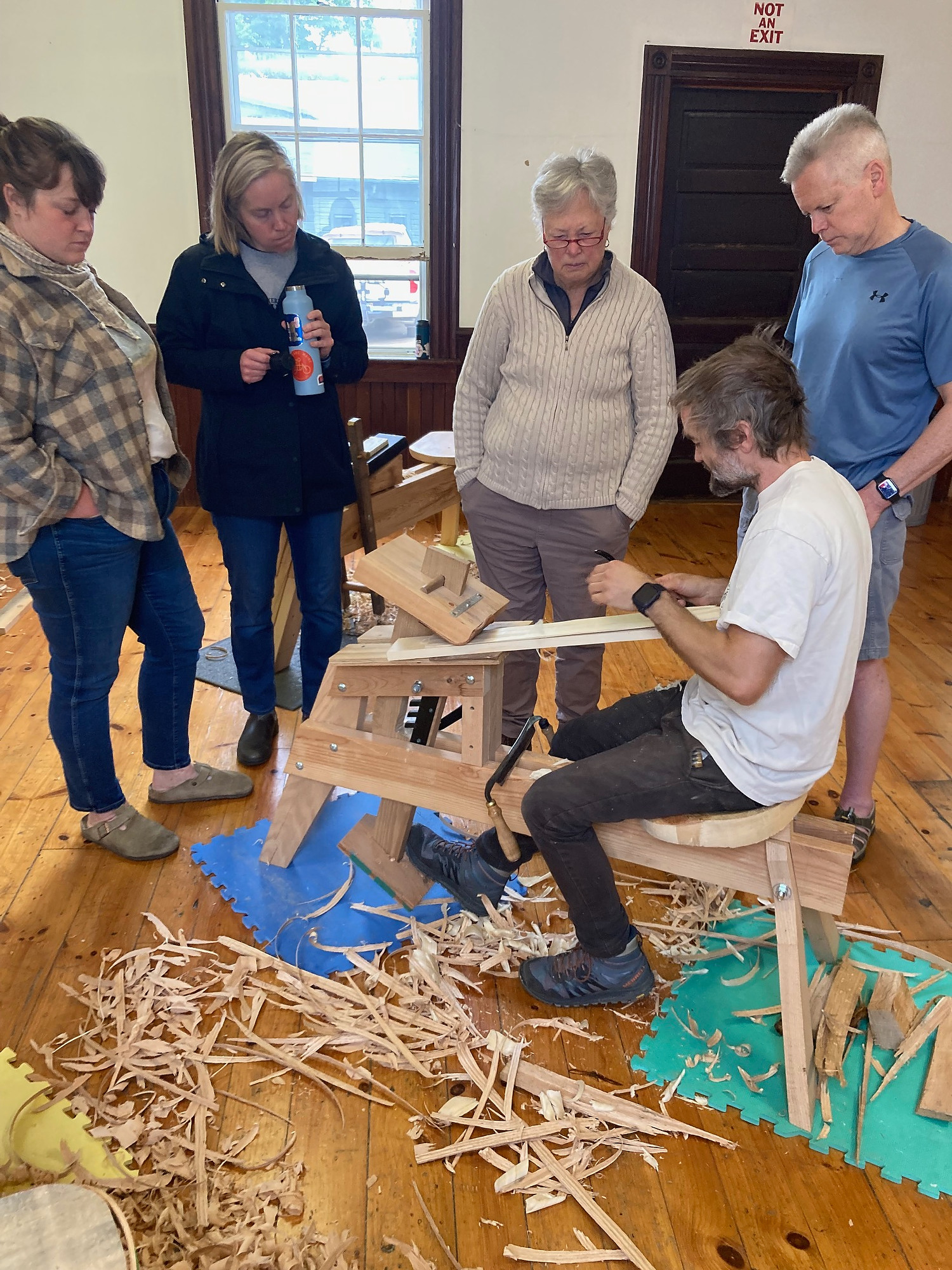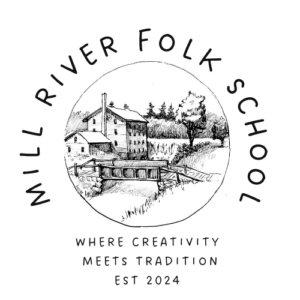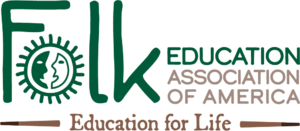About
Welcome.
For centuries, people living in the country made their own furniture, woodenware, utensils, tools and household objects. Created primarily out of necessity and thrift, these crafted items combined elegance and simplicity of form with durability. People took pride in and care of their handiwork. Their traditional designs skillfully melded function, comfort and decoration in equal measure.
Making wagon wheels, barrels, rakes, pitch forks, basketry, building stone walls, laying hedges, blacksmithing, spinning and weaving-these and other traditional crafts were once part of everyday life.
How we lived at home before the machine age, how we cared for and warmed our homes, cooked and preserved food, gardened, kept bees and made candles and soap is gradually becoming lost. Some are on the brink of extinction.
I’m a woodworker by trade but I’ve always thought of myself as a Tinkerer. I love working with my hands, the feeling it gives me is like no other. At one time self-sufficiency was a way of life. An understanding of workshop, woodland, building and household crafts meant survival. Passing on the knowledge and skills was imperative and expected.
I have been very fortunate in my woodworking career to have worked at and taught at many art & craft schools throughout the nation and abroad. I can’t tell you how many times I’ve seen and heard people say how good, or fulfilled they felt after making something. A feeling that had been missing for so long. They felt whole, even when making the simplest of forms. Creating objects with your hands is fulfilling in many ways.
I missed the community of makers. The expressions on a student’s face when they have that ‘Voila” moment. That ‘ I get it” moment. I missed the personal sharing and camaraderie. I created the Mill River Folk School, an incorporated, non-profit school to create a community of makers, learners and teachers.
I hope you’ll help me to continue to create this community. There are many ways to help. The most basic, yet most effective way is by spreading the word. Share your expertise by teaching a workshop. We always need passionate volunteers and board members who value the folk school mission. Donate to help with the capital campaign. I hope you’ll sign up for a class or just pay a visit. Help us celebrate the region, the objects, skills and techniques that were once commonplace.
Thank you,
Steve Butler
Founder/Director
